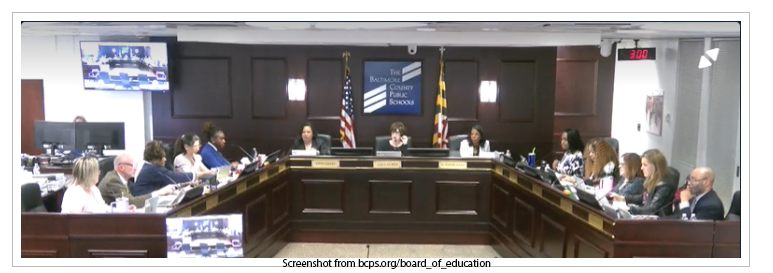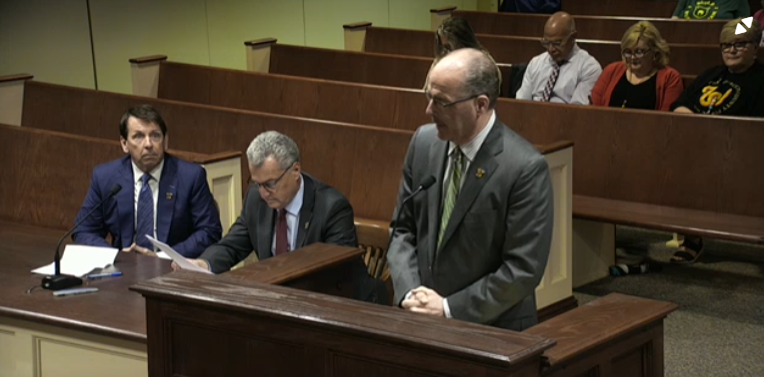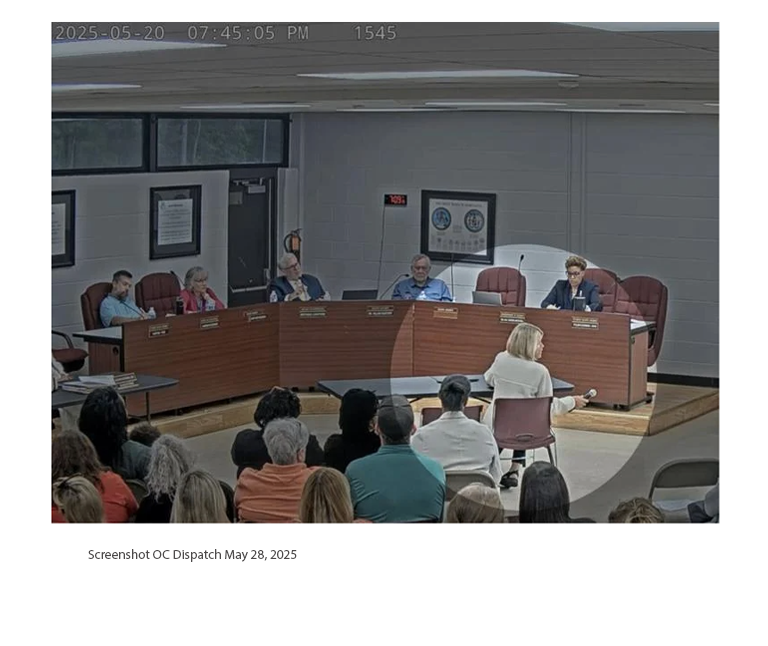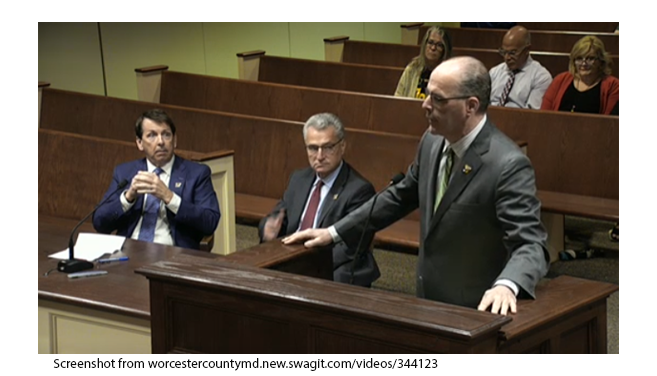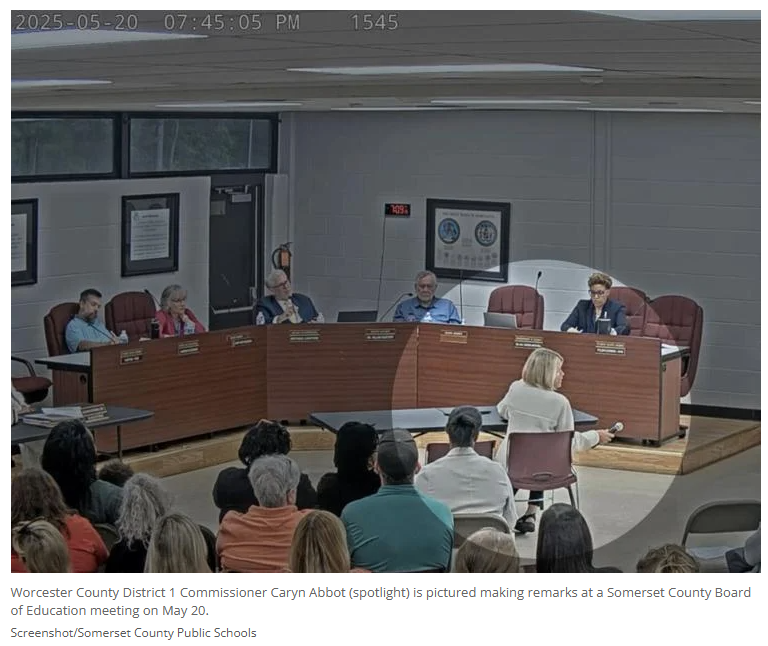
What I Wish I Knew When I Became a Principal (Opinion)
I was recently a guest on a leadership podcast, and the host asked a simple question that I’m still reflecting on weeks later. The question was, “What are the one or two things you wish they had told you in leadership prep?” Again, simple, right?
Upon reflection, there are many things I wish I had known as I transitioned from classroom teacher to education leadership to principalship. So, I decided to pen four key themes that may provide valuable insight and lessons from the ground for those transitioning into the role—or for veteran principals who might be at a crossroads.
1. Keep your own spark alive.
Our profession has shifted over the past few years, and our responsibilities as school leaders have also changed. Many of the things we do as leaders require both transformational and inspirational leadership. The school leader must be at the forefront of facing emerging challenges like the pandemic—implementing new initiatives, integrating federal and state mandates, and updating school procedures.
In the 2005 book School Leadership That Works, Robert J. Marzano, Timothy Waters, and Brian A. McNulty lay out a helpful framework for the transformational leader who can address “the needs of and provide personal attention to individual staff members, particularly those who seem left out.” In the 2021 article “The Six Traits Of Inspirational Leadership,” executive leadership coach Kathy Lockwood identifies similar strengths in inspirational leaders who “face challenges in a calm manner” and “show their resiliency by keeping their emotions in check.”
Those leadership styles are must-have tools for your toolbox. However, I wish someone had told me that I can’t be an inspirational and transformational leader all the time. It is draining! It creates feelings of underappreciation and can negatively impact work-life balance. When the work you were passionate about no longer feeds your desire to make a difference or when you have invested so much into something without getting the expected results, you can start to burn out.
I am a 17-year veteran in the principalship. Sometimes, leadership becomes mostly management rather than true educational and instructional leadership, which is an abysmal ratio for success. I have learned that when that happens in this profession, you must find a spark or something to reignite you. Most importantly, you must develop and cultivate leaders at the grassroots level—teacher-leaders who are effective change agents can assist you in culture building.
2. Commit to staying connected.
School leadership can be a lonely place. We know that schools have changed, and the COVID-19 pandemic helped accelerate and bring attention to problems we already knew were living beneath the surface. As a result, there are times when we need to shift gears and do things differently despite the level of discomfort people might feel. Sometimes, we need to make unpopular decisions, and those decisions can create animosity within our school communities.
When we push for changes, opposition usually comes from fear of losing something people hold dear. It is challenging to tell an outstanding 20-year veteran teacher, “Hey, we are going to shift paradigms on teaching and learning.” Asking them to change how they deliver instruction, design assessments, and measure student learning are tough conversations to navigate and can be even tougher to manage.
That’s why relationships and connectivity are critical! As building leaders, strong relationships provide clarity and richness to our work. Like any relationship, good communication requires a connection. Issues with staff members will still arise, but solid relationships and connections to people help you navigate some of those difficulties.
As a leader, I have certainly messed up and will continue to. But it’s the relationships built that frequently allow for grace.
3. Understand the nature of the problems to be solved.
School leaders make dozens of critical decisions daily. But you must understand which problem you are trying to solve. We often confuse technical problems with adaptive challenges. Distinguishing the difference between the two is an essential aspect of school leadership.
In their 2002 book Leadership on the Line, Ronald A. Heifetz and Marty Linsky defined “technical problems” as those where the issue is clearly defined, the solution is quick, and people are usually satisfied with the outcome, while “adaptive challenges” require a change in beliefs and approach. Often, the solution must be innovative, and the end product takes time to implement.
The issue in education is that we are often forced to treat adaptive challenges with a technical solution. Consider the educational impact of COVID. We all endured the unprecedented predicament of educating students remotely for an undetermined time. The pandemic was clearly an adaptive challenge for school leaders across the country. However, community pressure and an influx of federal and state resources combined to make many people treat it as a technical problem. In most cases, that wasn’t the right decision.
The ability to categorize the type of problem and what the solutions entail is an essential tool for a new school leader.
4. Guarantee your own growth.
We often tell students that we want them to be lifelong learners. Yet, it is easy for us as leaders to stop putting ourselves in situations where we grow. The principal immediately becomes the lead leader, the chief dot-connector, the data decoder, and the engagement engineer. Most of us were not initially trained to lead at that level effectively. Yet, school leadership training programs have not truly shifted their paradigm to address the important initiatives administrators are now responsible for steering.
Get The Savvy Principal
Delivered Sunday morning, this newsletter has essential news, information, and career resources specifically for school leaders.
Consequently, school leaders must independently seek professional development and opportunities to collaborate with colleagues that enrich their professional lives. For some, that means seeking additional credentials at the postgraduate level. For others, it can mean listening to podcasts or reading the work of specific authors who speak your leadership love language.
There will always be tradeoffs on using social media, but I have found Twitter and other popular platforms can be great tools for quick and easy consumption of professional learning and collegial connection. Find and follow someone who stretches your thinking and makes you consider your impact on your team, staff, students, and families. The thoughts, opinions, perspectives, and experiences of others enable you to grow.
Good luck in leadership!
Dig Deeper With Our Longreads
Newsletter Sign up to get our best longform features, investigations, and thought-provoking essays, in your inbox every Sunday.
The MEN was founded by John Huber in the fall of 2020. It was founded to provide a platform for expert opinion and commentary on current issues that directly or indirectly affect education. All opinions are valued and accepted providing they are expressed in a professional manner. The Maryland Education Network consists of Blogs, Videos, and other interaction among the K-12 community.


